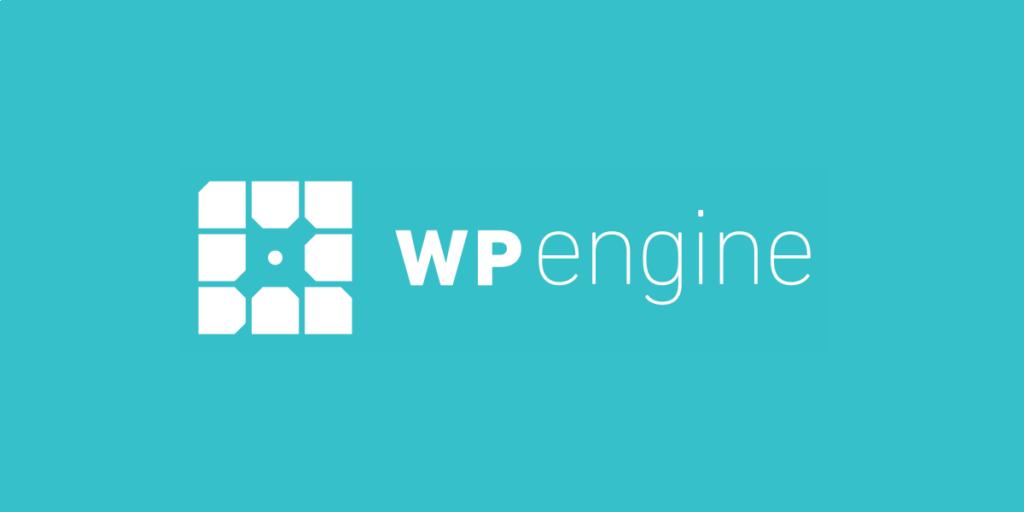- Blogs
- WordPress 101
- Should you use Atlas for headless WordPress managed hosting?
WordPress 101 / 5 min read
Should you use Atlas for headless WordPress managed hosting?

The world’s most popular content management system is evolving into an important player in the headless development scene. In this rising market, WP Engine developed Atlas for headless WordPress, a managed hosting platform specifically designed to meet the needs of modern headless developers.
Let’s find out what it is and whether it’ll benefit your project.
What is headless WordPress?
Headless WordPress is using WordPress with a headless architecture instead of a traditional monolithic one. In a traditional WordPress site, the backend and frontend of a website are combined into a single software. The backend manages the site’s content, including databases and servers, while the frontend is what users see and interact with.
With a headless architecture, the backend and frontend are separated. WordPress acts as the backend, while a different platform displays user-friendly interfaces and content on the frontend. Popular frontend technologies like React, Angular, Next, and Gatsby are commonly used for headless WordPress implementations.
Under this model, WordPress is a content hub and exposes an application programming interface (API) that allows any frontend technology to access and display the content.
Headless WordPress provides developers with flexibility when choosing their frontend technologies and scalability for managing multiple channels from a single backend.
What is Atlas?
Atlas is an open-source headless WordPress managed hosting platform created by WP Engine in 2021. The Atlas platform aims to become the complete headless WordPress solution by providing a modern development framework with Node.js hosting that allows developers to unlock faster dynamic sites while harnessing the flexibility and security associated with headless solutions.
It’s an all-in-one headless WordPress hosting package that addresses developers’ needs for one unified price from one of the most trusted organizations in WordPress hosting. With Atlas, WP Engine became the first developer to create a solution specifically designed to target the needs of headless WordPress developers in a single platform.
While still very new to the game, Atlas is already attracting attention and may be positioned to become the preferred headless solution for WordPress developers.
What are the benefits of using Atlas for your headless WordPress project?
Now that we know the general basics, let’s dive a little deeper into why WordPress developers may want to integrate Atlas into their headless stack.
Cost-effectiveness
Atlas offers in a single package what you’d otherwise may need to source from multiple vendors. From a single place, developers can avoid common pain points like being constrained to monolithic WordPress’ frontend without access to modern JavaScript frameworks, the content management inhibitions of static site generators, and having to switch to natively headless CMS, forfeiting the agency’s WordPress knowledge and experience.
Having everything in a single place reduces time and money spent integrating multiple vendors.
Powerful Node.js frontend
WP Engine claims to have “the fastest global Node platform,” powered by their proprietary acceleration technology for managed Node.js hosting. The Atlas Node Engine offers the following benefits and features:
- Auto-scaling and auto-healing. Atlas Node Engine is designed for scalability and can adapt to infrastructure failure to prevent downtime.
- API-first. The entire platform is managed via APIs, making it natively compatible with WP Engine services and third-party corporate systems like HubSpot.
- Static CDN. Atlas natively provides a content delivery network (CDN) design to boost the SEO for visual content like images, improve load times, and enhance security, scalability, and performance.
- Multiple environments. Support for DEV, STG, and PROD on the frontend.
- Build and log errors. Automatic detection of debug issues and usage analytics monitoring.
- Custom domain mapping. Domain mapping allows subsites to be independent domains rather than subdomains or subdirectories. These custom domain names are easier to remember and more consistent with your overall brand.
Headless WordPress platform
Being designed specifically to create headless WordPress apps, Atlas provides multiple benefits for developers, such as:
- Post previews. Atlas provides a native feature for previewing how posts will look like in the frontend without having to ask developers for it.
- Internal hyperlink preservation. Atlas preserves your WordPress site’s URL structure for the purpose of SEO rankings.
- Lockdown security measures. Atlas posses multiple lockdown mechanisms to prevent damage in case of security breaches, such as suppressing content from an active WP theme to avoid SEO penalties for duplicate content, preventing code changes from the admin dashboard, disabling the ability to install or update software elements (plugins, themes, core files), and blocking malicious XML-RPC traffic to your site.
Flexibility to use any modern frontend framework
WP Engine developed Faust.js, a headless framework for WordPress launched in late 2021. While some developers initially assumed Atlas would only be compatible with Faust.js, it’s also compatible with every major JavaScript frontend framework, including Next.js, React, Angular, Vue, Frontity, and Gatsby.
This gives developers the flexibility to choose the framework they’re most familiar and proficient with or the one that works best for their project.
Local support
Local, the most popular local WordPress development tool, released an add-on for Atlas support in 2021. This add-on helps developers quickly set up a local headless WordPress site using the Atlas platform. It bypasses much of the complicated and tedious process of installing server software, manually configuring WordPress as the backend, and spawning a Node.js process to compile the frontend part of the site.
Should you use Atlas for your headless WordPress project?
Atlas is a managed hosting platform aimed at enterprises who need the speed, scalability, and flexibility of headless WordPress websites without having to source solutions from multiple vendors. Hence, Atlas is an excellent choice for WordPress development agencies working on projects such as:
- Cross-platform publishing apps that need to deliver content to partnered websites, publish products and their related information on the in-house marketplace and also online retailers like Amazon, populate digital kiosks, and other projects that require multi-channel publishing.
- Mobile apps that need to fetch content from a backend hub with comprehensive content management tools.
- Large and complex ecommerce sites that require integration with multiple platforms marketing technology solutions.
Ultimately, headless WordPress implementations work best for organizations with an omnichannel presence and the expertise to build and maintain such a network using a headless architecture. If your development team meets these criteria and your client requires enterprise-grade multi-channel publishing solutions, Atlas may be the solution you’re looking for.
Hopefully, you found this information helpful and you now have a better understanding of what WP Engine’s Atlas platform does, its benefits, and when you should use it for your clients. For more WordPress insights and guides, check out our blog.
Related Articles

How to... / 5 min read
How to... / 5 min read
How to Make a Subscriber Into an Admin on WordPress?
While it's not the most common situation, at some point, you may find yourself needing to make a Subscriber into an Admin on your WordPress site. Maybe you need to…
Read More
How to... / 3 min read
How to... / 3 min read
How to Grant Secure Access to a Not Live WordPress Site During Development
When developing a WordPress site, you often need to collaborate with multiple developers and grant access to the website owner so they can review the progress themselves. However, granting access…
Read More
Industry Insights / 11 min read
Industry Insights / 11 min read
Do You Need a Web Developer to Build a WordPress Site?
If you’re building a WordPress site or considering building one, you wonder whether you need a web developer to create it or you can do it yourself. The answer can…
Read More
How to... / 6 min read
How to... / 6 min read
How to Change the Bottom Padding Dimensions on WordPress Blocks
If you're learning to modify your WordPress site's layouts and design, you may be wondering how to change the bottom padding dimensions of some of its elements. If that's the…
Read More
How to... / 10 min read
How to... / 10 min read
How to Disable the “Similar Posts” Section in WordPress Blogs
If you’re diving deeper into customizing your site, you may be wondering how to disable the “Similar Posts” section that appears on the bottom, sidebar, or footer of your WordPress…
Read More